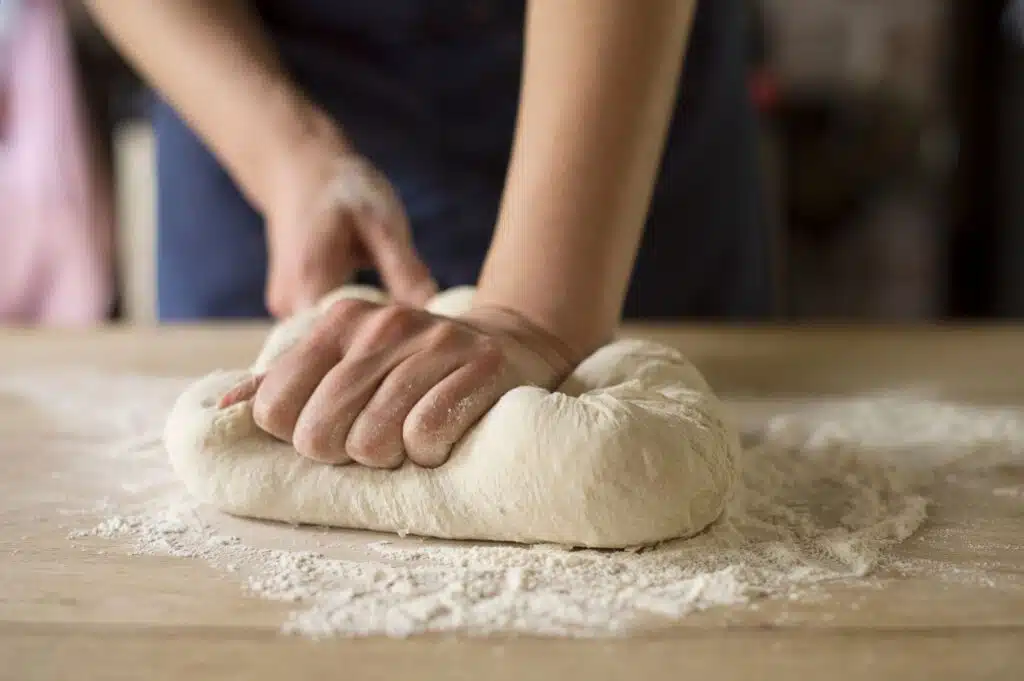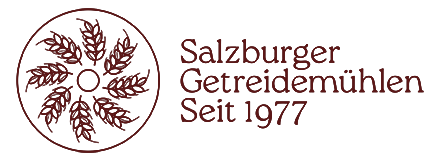
The quality of the bread is based on several factors, but the most important are time and proper kneading.
A very special bread is made in Lesachtal: Lesachtal bread, which is not only an intangible world cultural heritage, but was also awarded the Presidio Seal in Turin in 2018 as part of“The Taste of Carinthia” at the Terra Madre Salone del Gusto 2018
.
Presidio means that traditional quality products that are in danger of disappearing are supported and preserved. This also includes the preservation of landscapes and their ecosystems, as well as traditional production methods. Local livestock breeds and crop varieties are also protected, and cooperation with small producers is a priority.
All of this applies to Lesachtal bread: the location of the Lesachtal valley at up to 1500 meters above sea level meant that in earlier times it was necessary to be highly self-sufficient, which is still the case today.
Despite SUVs and four-wheel drive, the steep, winding roads are still difficult to reach on some winter days. Grain has therefore always been grown in the valley, which was ground in the valley’s mills – then known as the Valley of 100 Mills – and this still happens today. Ten farmers grow the grain, wheat and rye, in organic quality for the Lesachtal bread.
Lesachtal bread, clearly recognizable by its special stamp, is only produced in the west of Carinthia and is baked exclusively by women farmers at home or by bakers in restaurants and hotels, both
in electric ovens and in wood-fired ovens.
The criteria are strict and clearly defined:
The bread, or rather the dough, is given plenty of time, just as it should be for a proper sourdough. For eight days, a little is always added to the mix of 50 g flour and 50 g water.
“If it fits, then I take something away and off we go!“
At least that’s how Anita, who is responsible for baking bread as a diet and flour food chef at the Almwellnesshotel Tuffbad in Lesachtal, tells it.
The dough has to mature for 12-14 hours and then another three hours the next day before it’s time to knead.
First mixing and then kneading properly is Anita’s secret for Lesachtal bread and she uses wet hands to test when the dough is right:
It has to be pulled like a strudel dough”,
says Anita. The Planet kneading machine makes kneading much easier and is essential for the right consistency of the dough. After a rising time of one hour, the dough is placed in the oven and stamped with the stamp – as proof that this is genuine Lesachtal
bread. Kneading and the right ingredients – actually just flour, water and salt – are what make the quality of a loaf of bread that lasts a good week. If you give the bread enough time during production, you will save time afterwards because it only has to be baked once a
week.
Source: Petra Pachler
www.lesachtalerbrot.at
Address:
Gasteigweg 25,
5400 Hallein
Austria
Opening hours:
Monday to Thursday: 09 – 16:00
Friday: 09 – 12:00
Contact:
Phone: +43 6245 83282
E-mail: info@agrisan.at
Address:
Gasteigweg 25,
5400 Hallein
Austria
Opening hours:
Monday to Thursday: 09 – 16:00
Friday: 09 – 12:00
Contact:
Phone: +43 6245 83282
E-mail: info@agrisan.at

